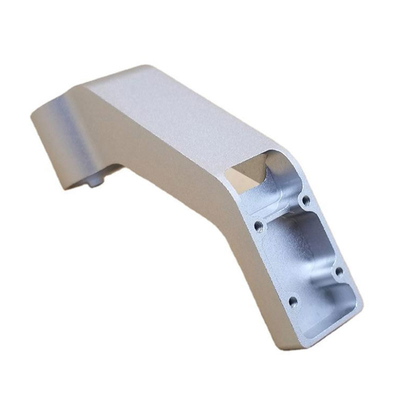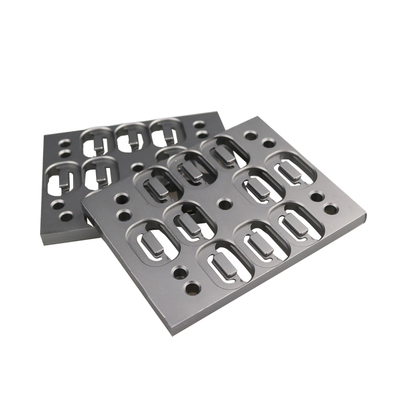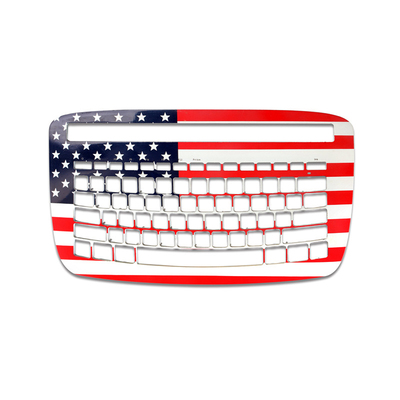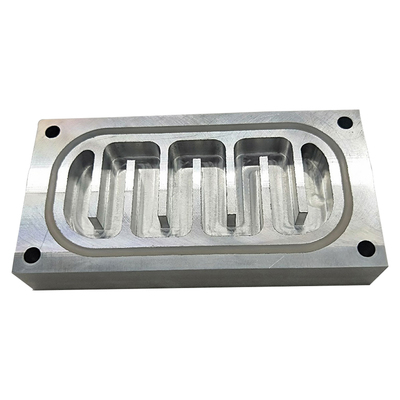3D printed high-strength titanium alloy comes out
Metal Additive Manufacturing (MAM) is revolutionizing production methods in many industries, especially in the aerospace, automotive, and biomedical fields. However, there are still many technical problems with the further widespread adoption of MAM. One of the main obstacles is the control of the grain structure.
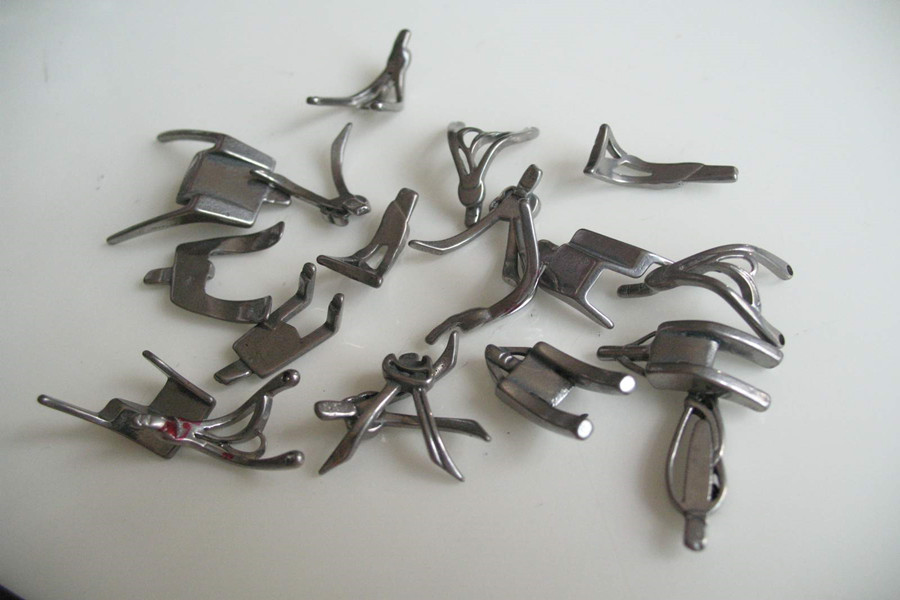
Poor control of the grain structure will affect its thermal cracking properties and lead to anisotropic mechanical properties, especially in high-performance alloys. The alloys currently used in the industry were originally designed for conventional production processes, and were not optimized for MAM processes. New alloys with high strength and best solidification properties are needed to maximize MAM absorption as a competitive manufacturing approach for high-performance components.
For decades, people have realized that small and equiaxed grains can reduce the tendency of hot cracking and improve its performance, for example, through Hall-Petch relationship enhancement. However, in MAM, due to the extremely high cooling rate and the unbalanced solidification of the thermal gradient, the main feature of the crystal grains is a columnar and textured microstructure. Therefore, the formation of equiaxed grains in MAM is a huge challenge. Although progress has been made in obtaining fine equiaxed grains by adding grain refiners to the MAM of aluminum alloys, there is still no commercial refiner that can effectively refine the microstructure of titanium grains.
Under the leadership of Professor Mark Easton from the Additive Manufacturing Center of the Royal Melbourne Institute of Technology (RMIT) and the team of Professor Hamish L. Fraser from Ohio State University (co-corresponding author), Dr. Dong Qiu and Dr. Duyao Zhang collaborated with the Commonwealth Scientific and Industrial Research Organization (CSIRO). ), the University of Queensland and the University of Nevada collaborated to design tunable microstructures for MAM components (especially light alloys).
The theory behind this project is based on the interdependence theory proposed by Professor David StJohn and others (Acta Mater. 2011, 59, 4907). This kind of titanium-copper alloy has a high microstructure supercooling ability, which is due to the distribution of alloying elements during the solidification process, and it can overcome the negative influence of the high thermal gradient in the laser. The printing process does not require any special process control or other processing, and the printed titanium-copper alloy sample has a completely equiaxed fine-grained structure. Compared with conventional alloys under similar processing conditions, they also show excellent mechanical properties, such as high yield strength and uniform elongation. This is due to the use of high cooling rates and multiple thermal cycles to form super alloys. Fine eutectoid microstructure.
On December 5, 2019, Antarctic Bear learned that related research results were recently published in "Natrue" magazine with the title "Additive manufacturing of ultrafine-grained high-strength titanium alloys". Material manufacturing).
As mentioned in the text, the Ti-Cu alloy produced by the MAM process has completely fine equiaxed primary grains and eutectoid flakes, and has excellent mechanical properties. Experiments have shown that tunable microstructures can be realized on multiple microstructure length scales through MAM. The proposed new alloy design strategy focuses on synergistically controlling the thermodynamics of alloying elements and the solidification conditions of MAM. The authors also hope that their alloy design concepts can be applied to other alloy systems, and develop more high-performance engineering alloys for MAM in the future.
Link to this article: 3D printed high-strength titanium alloy comes out
Reprint Statement: If there are no special instructions, all articles on this site are original. Please indicate the source for reprinting:https://www.cncmachiningptj.com
 PTJ® provides a full range of Custom Precision cnc machining china services.ISO 9001:2015 &AS-9100 certified.
PTJ® provides a full range of Custom Precision cnc machining china services.ISO 9001:2015 &AS-9100 certified.
Machining shop specializing in fabrication services for construction and transportation industries. Capabilities include plasma and oxy-fuel cutting, Tailored machining, MIG and Custom Aluminum Cnc Precision Milling Welding Jig Fixture, roll forming, assembly, Lathe machining stainless steel cnc machine shaft, shearing, and CNC Swiss Machining services. Materials handled include carbon and Passivation Stainless Steel Machining Cover Plate Parts.
Tell us a little about your project’s budget and expected delivery time. We will strategize with you to provide the most cost-effective services to help you reach your target,You are welcome to contact us directly ( sales@pintejin.com ) .
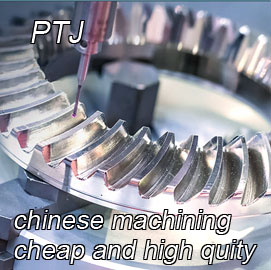
- 5 Axis Machining
- Cnc Milling
- Cnc Turning
- Machining Industries
- Machining Process
- Surface Treatment
- Metal Machining
- Plastic Machining
- Powder Metallurgy Mold
- Die Casting
- Parts Gallery
- Auto Metal Parts
- Machinery Parts
- LED Heatsink
- Building Parts
- Mobile Parts
- Medical Parts
- Electronic Parts
- Tailored Machining
- Bicycle Parts
- Aluminum Machining
- Titanium Machining
- Stainless Steel Machining
- Copper Machining
- Brass Machining
- Super Alloy Machining
- Peek Machining
- UHMW Machining
- Unilate Machining
- PA6 Machining
- PPS Machining
- Teflon Machining
- Inconel Machining
- Tool Steel Machining
- More Material

